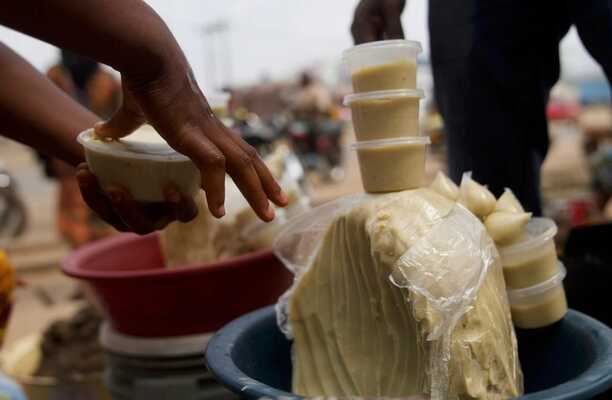By Chiagoziem Abosi
When the Federal Government announced a six-month ban on the export of raw shea nuts, many traders clapped. Others sighed. Why? Because Nigeria supplies 40% of the world’s raw shea nuts but barely controls 1% of the finished shea butter market.
The idea is simple: stop shipping raw nuts abroad, process them at home, and turn shea into a multi-billion naira industry. Officials project $300 million in the short term and a jaw-dropping $3 billion by 2027.
But how does this affect us here in Lagos, especially Ikeja?
At Computer Village, young entrepreneur Kemi Ojo sells natural body butters in tiny jars. She told IkejaBird:
“If processing plants are built locally, we small businesses can buy at better prices. Right now, finished shea is too expensive for bulk production. This move might help us scale.”
Meanwhile, some traders fear scarcity. At the Opebi mini-market, Mama Ifeanyi, who sells skincare oils, said:
“Last time government banned export, prices went up in local markets. If this happens again, women like us will suffer.”
For everyday Lagosians, this ban could mean cheaper shea-based beauty products — or, if mismanaged, even higher prices.
Now the question on everyone’s lips in Ikeja is this: will this ban finally give us a thriving local shea industry, or will it just end up as another big government promise?








